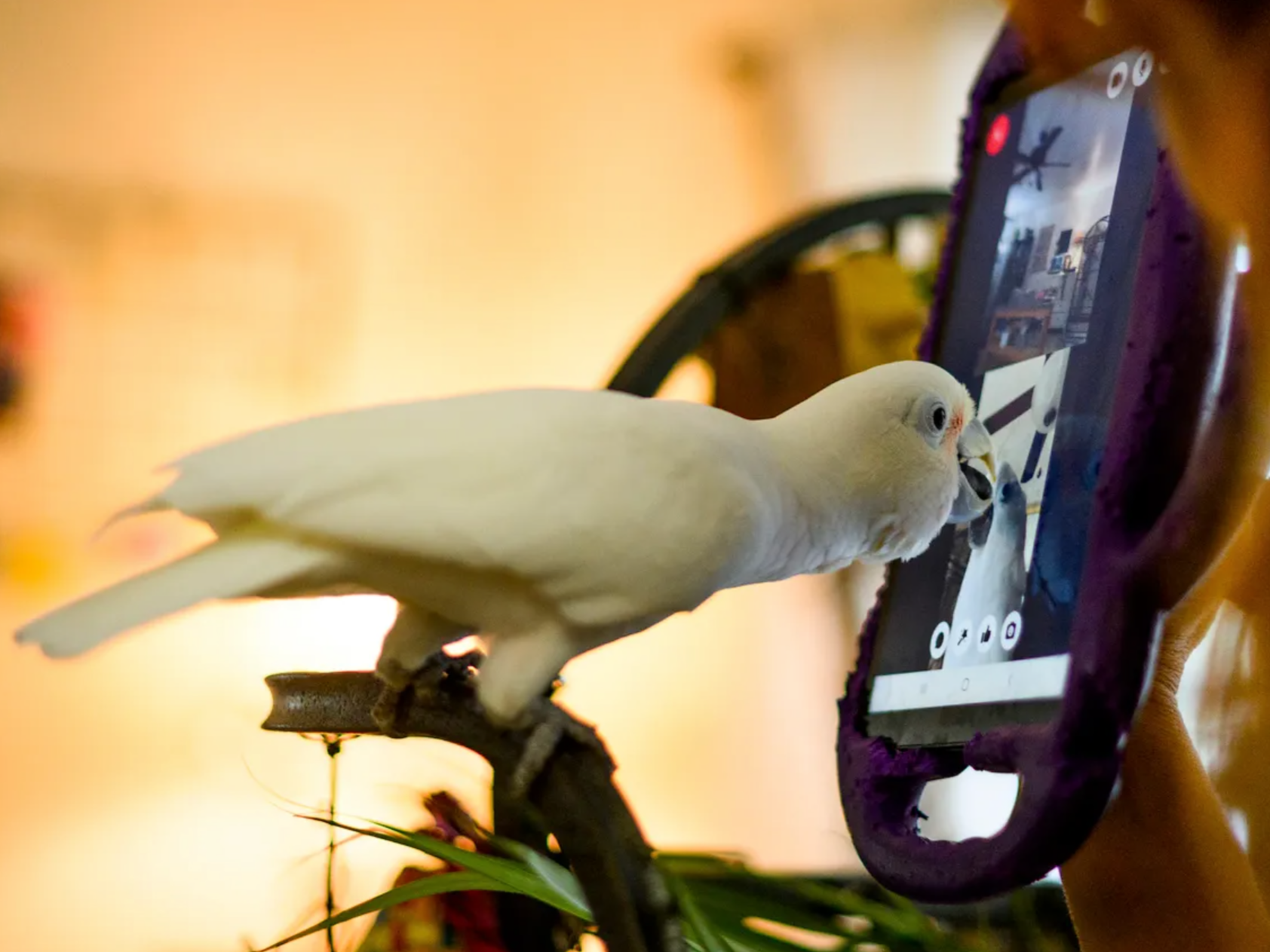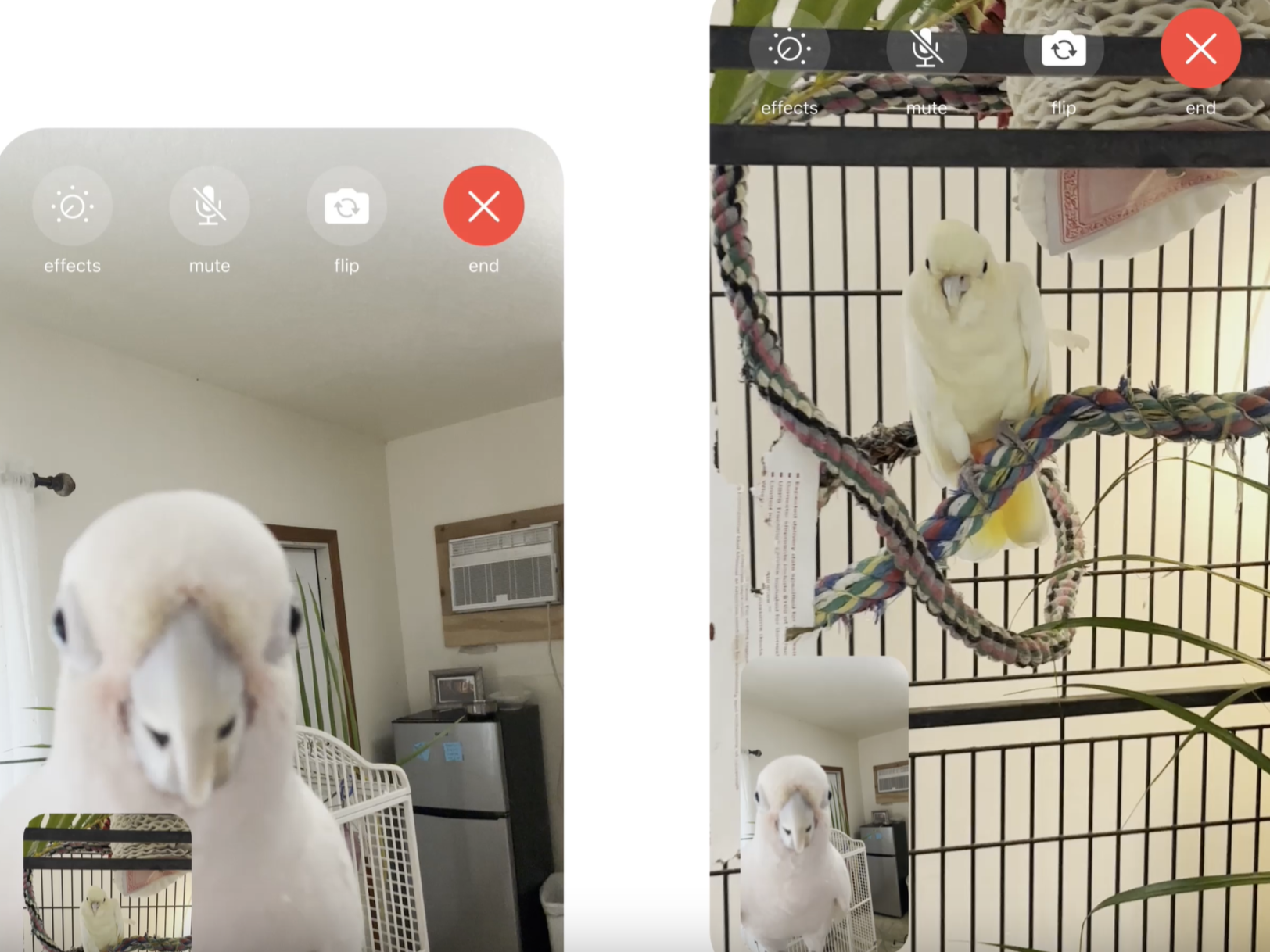Parrots form online friendships via Facebook video chat in new study
Two of the birds stayed in contact after the study had concluded

Your support helps us to tell the story
From reproductive rights to climate change to Big Tech, The Independent is on the ground when the story is developing. Whether it's investigating the financials of Elon Musk's pro-Trump PAC or producing our latest documentary, 'The A Word', which shines a light on the American women fighting for reproductive rights, we know how important it is to parse out the facts from the messaging.
At such a critical moment in US history, we need reporters on the ground. Your donation allows us to keep sending journalists to speak to both sides of the story.
The Independent is trusted by Americans across the entire political spectrum. And unlike many other quality news outlets, we choose not to lock Americans out of our reporting and analysis with paywalls. We believe quality journalism should be available to everyone, paid for by those who can afford it.
Your support makes all the difference.Birds are capable of forming “strong social relationships” via video chats, according to a new study.
Researchers at Northeastern University in the US, in collaboration with scientists at MIT and the University of Glasgow, taught parrots across a range of species to make video calls using Facebook Messenger.
After studying the birds over a three month period, their owners observed improved behaviour and well-being. They also reported that the birds learned new skills during this time, including making the video calls independently and coming up with new vocalisations.
“Some strong social dynamics started appearing,” said Rébecca Kleinberger, an assistant professor at Northeastern University.
“We’re not saying you can make them as happy as they would be in the wild. We’re trying to serve those who are already in captivity.”
The researchers also found a reciprocal dynamic similar to human socialisation after more popular parrots initiated more video calls.
Some birds even stayed in contact after the study had concluded, suggesting it could offer a way to enrich the lives of domesticated parrots.
Two of the birds in the 18 parrot study, elderly male macaws who were paired together via video chat, developed a “deep bond” during their video calls, according to the researchers.

They would dance and sing to each other and call “Hi, come here, hello” if the other one moved off screen.
“It really speaks to how cognitively complex these birds are and how much ability they have to express themselves,” said Ilyena Hirskyj-Douglas, an assistant professor at the University of Glasgow.
“It was really beautiful, those two birds, for me.”

Join our commenting forum
Join thought-provoking conversations, follow other Independent readers and see their replies
Comments